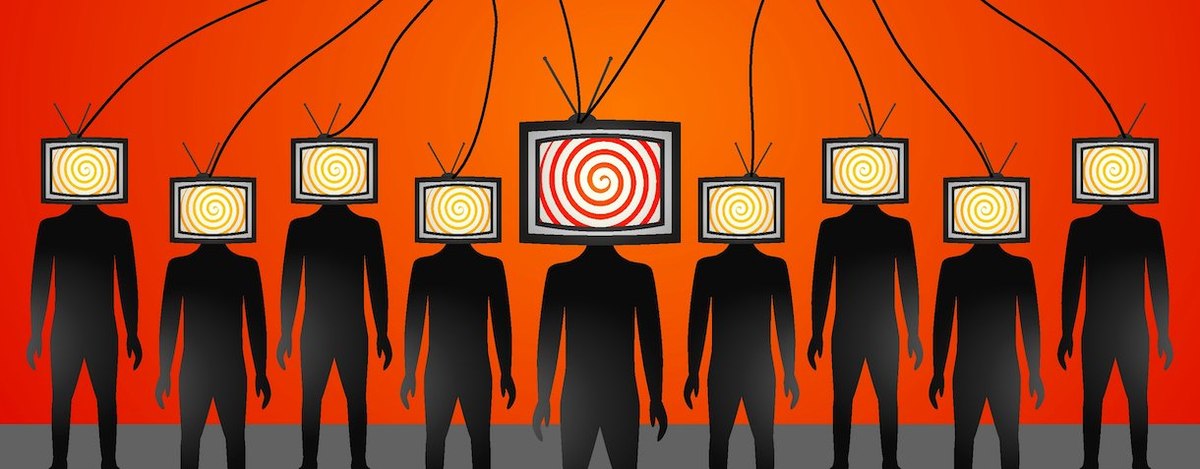New forms of technology often spark moral outcry, and AI is no exception. Recent polling by YouGov shows a great deal of concern among Americans about potential uses of AI, particularly with regard to the spread of deepfake audio and video, and political propaganda. The use of AI for these purposes, along with certain others, is seen by most Americans as morally unacceptable. There are some purposes, however — such as using AI to match people on dating apps or to generate news summaries — that Americans believe to be morally acceptable in at least some cases.
Concerns about AI
One poll conducted by YouGov in August asked Americans their level of concern regarding 15 possible uses of AI. At least two-thirds of people say they are at least somewhat concerned about each of the 15 uses. The use of AI that Americans are most likely to say they are very concerned about is the spread of misleading video and audio deepfakes, or sophisticated and convincing digital representations (60% are very concerned). At least half of people are also very concerned about the spread of political propaganda (55%), the erosion of personal privacy (54%), the manipulation of human behavior (53%), an increase in the power of surveillance states (50%), and the replacement of human jobs (50%). Fewer people, though more than one-third, are very concerned about the exacerbation of mental health problems (37%) and the reinforcement of societal biases (37%).
The vast majority of Americans (78%) want AI to be much or somewhat more regulated, and most (57%) strongly or somewhat support a six-month pause in some kinds of AI development. Similar shares expressed support in June and April of this year for a pause in some kinds of AI development.
The morality of AI uses
Another recent survey asked Americans whether 20 uses of AI are always, sometimes, or never morally acceptable. Five of the uses asked about are viewed by at least half of people as never morally acceptable. These include using AI to create deepfakes in journalism (63% say it's never acceptable), to impersonate someone's voice or appearance (59%), to create persuasive political propaganda (57%), to genetically engineer human embryos (55%), and to determine college admissions (54%).
While few people said any of the uses asked about are always morally acceptable, some uses are more likely than others to be viewed as acceptable in at least some instances. A total of 68%, for instance, say it is always or sometimes acceptable to use AI to detect and report illegal content. There is also widespread acceptance of using AI to facilitate certain kinds of human connections: At least half believe there are circumstances where it is acceptable for a person to use AI to simulate human conversation when lonely (50%), to email a colleague (52%), or to match people on dating apps (59%).
See the results for the following YouGov polls:
Methodology: This article includes results from two polls, conducted online from August 14 - 20, 2023 and August 21 - 27, 2023, each among 1,000 U.S. adult citizens. For each poll, respondents were selected from YouGov’s opt-in panel using sample matching. A random sample (stratified by gender, age, race, education, geographic region, and voter registration) was selected from the 2019 American Community Survey. The sample was weighted according to gender, age, race, education, 2020 election turnout and presidential vote, baseline party identification, and current voter registration status. Demographic weighting targets come from the 2019 American Community Survey. Baseline party identification is the respondent’s most recent answer given prior to March 15, 2022, and is weighted to the estimated distribution at that time (33% Democratic, 28% Republican). The margin of error for the overall sample for each poll is approximately 4%.
Image: Getty (Olha Pohorielova)









